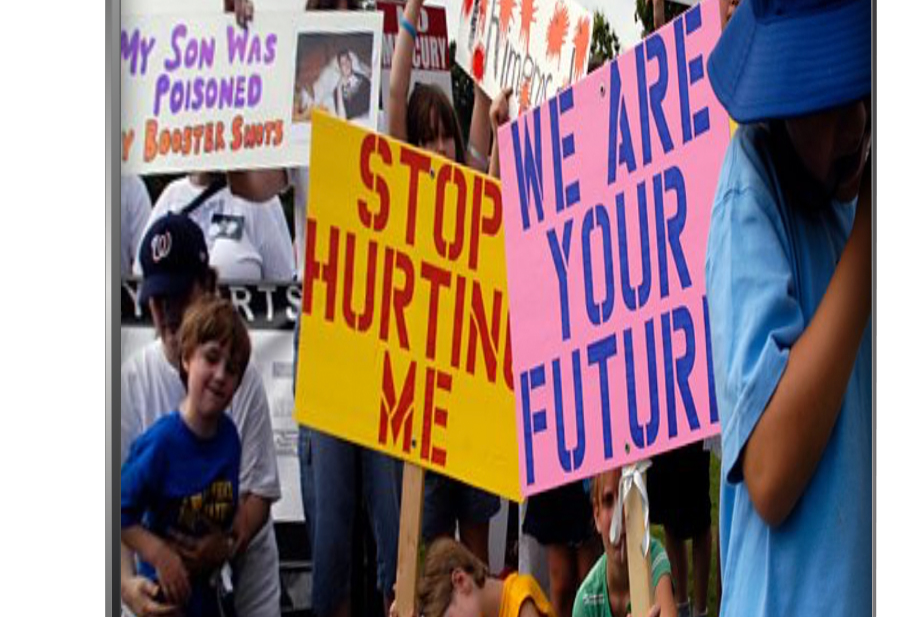
BBC
The United States and the UK have been no strangers to societal division in the past few years, but while Donald Trump and Brexit have dominated the headlines, another battle has been raging — between those who want to eliminate preventable disease, and those who believe that vaccines are harming their children and that the authorities are hiding the truth about their safety.
Conspiracy Files: Vaccine Wars looks at how views on vaccination have become so polarised. We meet characters from both sides: the emotionally charged people who storm public vaccine meetings, and the level-headed scientists, whose straight talking does little to assuage their opponents’ fears.
Medical experts are unabashed in their criticism of so-called ‘anti-vaxxers’, and while the documentary does lend the latter airtime, it is not on their side.
The story starts in 1974, when public confidence in vaccines plummeted after British doctor John Wilson claimed he had found evidence that children were becoming brain damaged after receiving a jab for pertussis, commonly known as whooping cough; the research was later found to have major flaws. Viewers will be more familiar with the disgraced doctor Andrew Wakefield who, in 1998, claimed that the measles, mumps and rubella vaccine was linked to autism — a claim that was later debunked.
Though unfounded, these claims gripped the imagination of the media and played on the fears of parents seeking a cause for their child’s disorder.
Today, almost 50 years on, there’s another problem to contend with: social media and the easy dissemination of untruths. In August 2019, the UK lost its measles-free status, and Vaccine Wars informs us that it’s not just in the UK where online anti-vaccination messages are spreading disease. In India, where measles remains a problem (more than 15,000 cases were identified in 2018), mobile phone ownership is increasing (from 401 million users in 2017 to an expected 829 million by 2022) and so is the number of people accessing Western misinformation that discourages vaccination.
The programme also visits France, supposedly the most vaccine-sceptical country in the world. Many people here doubt institutions and public health messaging, and believe that pharmaceutical companies’ decisions to use “harmful” ingredients are driven by profit. However, in 2018, the French health ministry hit back and it is now a legal requirement for children aged under two years to receive 11 vaccines, or they will not be allowed to attend school. The show stops short of describing the impact that the new legislation may have had on vaccination and disease rates since it was introduced.
This legislation is precisely the kind that incenses anti-vaxxers and right-wing politicians, and Vaccine Wars suggests that opposition to vaccines often goes hand in hand with populist politics. “Populists argue that elites and experts work together to pursue their own interests, even when they harm the interests of ordinary people.”
Clips of Trump and French right-wing politician Marine Le Pen are cut with footage of protesting ‘ordinary people’ to great effect. But the protestors, in drawing attention to the control governments could assert over people’s bodies, make a strong argument against national compulsory vaccination programmes.
According the Agnes Buzyn, the French health minister, “vaccinations benefit all society,” and to be vaccinated is “an act of solidarity”, but Vaccine Wars is clear that as long as people feel they live in a society that has broken down, they will still be sceptical of governments and big business. This film makes it clear that encouraging people of the safety and effectiveness of vaccines will not be easy.
References
BBC. Conspiracy Files: Vaccine Wars. Current Affairs Television: London; 2019


